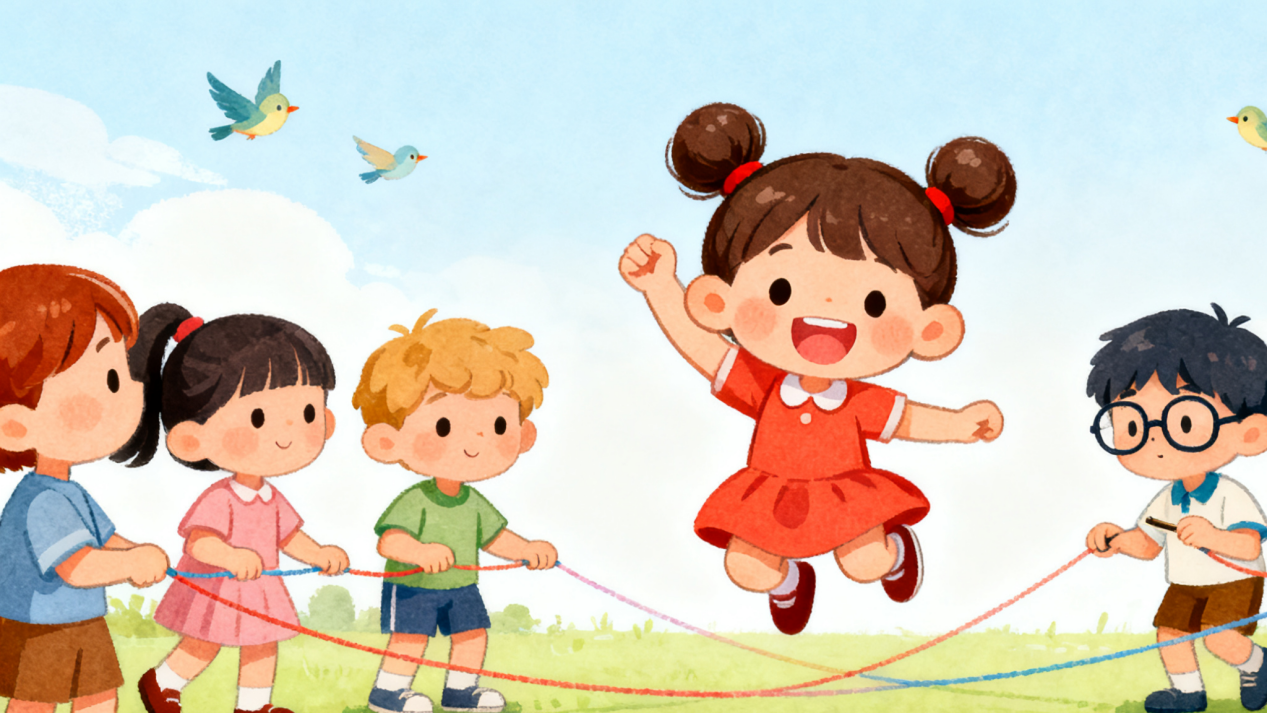
For many adults, childhood memories are filled with hours spent playing outside — running around the neighborhood, swinging on playgrounds, or just exploring nature. But for today’s children, outdoor play is becoming less common.
A recent study reveals that a large number of kids are spending very little time playing outdoors, even on weekends. Researchers at the University of Exeter in the UK used data from the “Born in Bradford” project, which has tracked over 13,000 children and their families since 2007. The team focused on 2,568 kids aged 7 to 12, analyzing surveys from the children and their parents. They found that about one-third of children do not play outside after school on weekdays, and one in five does not do so during weekends. Lead researcher Mark Ferguson noted that outdoor play is key for children’s growth. He warned that a deficiency in regular outdoor play may lead to health problems like obesity, anxiety, and depression. What’s more, children who spend more time outdoors tend to have better social and emotional health. They are better at expressing their feelings and building positive relationships with others.
Though the study focused on UK children, its results match research from other countries. A 2023 study showed nearly 40% of American preschoolers play outside less than an hour on weekdays, and 24% do so on weekends. For decades, unstructured playtime has been decreasing among kids in the U.S. and beyond.
There are many benefits to playing outside. It encourages physical activity, helps children make friends, and teaches them about the world around them. On the other hand, too little playtime may lead to long-term health issues. So how to fix this? Experts suggest creating safer and more welcoming public spaces — like parks and traffic-free streets — where children can play freely. Although making these changes isn’t easy, it’s important for children’s well-being. After all, giving kids the time and space to play outdoors is one of the best ways to support their healthy development.
1.1.What did researchers from the University of Exeter find?
A Most UK kids play outside daily.
B Over 30% kids skip outdoors on weekdays.
C 40% of US kids lack outdoor play.
D Schools should add more outdoor play.
解析:选B。B 细节理解题。根据第二段中的“They found that about one-third of children do not play outside after school on weekdays, and one in five does not do so during weekends”可知,研究人员发现约三分之一的孩子在工作日放学后不进行户外活动。B正确。A与原文相悖;C是另一项研究;D与发现无关。故选B。
2.2.What does the underlined word “deficiency” mean in the passage?
A Habit.
B Interest
C Shortage.
D Development.
解析:选C。C 词义猜测题。前文一直在谈论“缺少户外活动”,划线词所在句指出“a deficiency in regular outdoor play may lead to health problems”,根据上下文可知,缺少规律性户外活动会导致健康问题。故推测deficiency意为“缺乏、不足”。故选C。
3.3.According to the passage, what are the main benefits of outdoor play?
A Better academic performance.
B More creative thinking skills.
C More independent habits.
D Physical and social development.
解析:选D。D 细节理解题。原文最后一段明确说明户外玩耍“encourages physical activity, helps children make friends, and teaches them about the world”,即促进身体活动、社交能力和对世界的认知,选项D准确概括了这些益处。故选D。
4.4.What are experts most likely to recommend?
A Learning about child psychology.
B Creating child-friendly public zones.
C Decreasing children’s free time.
D Increasing creative homework.
解析:选B。B 推理判断题。最后一段明确说明“Experts suggest creating safer and more welcoming public spaces—like parks and traffic-free streets”,即建议建造更安全的(儿童友好的)玩耍空间。故选B。